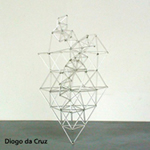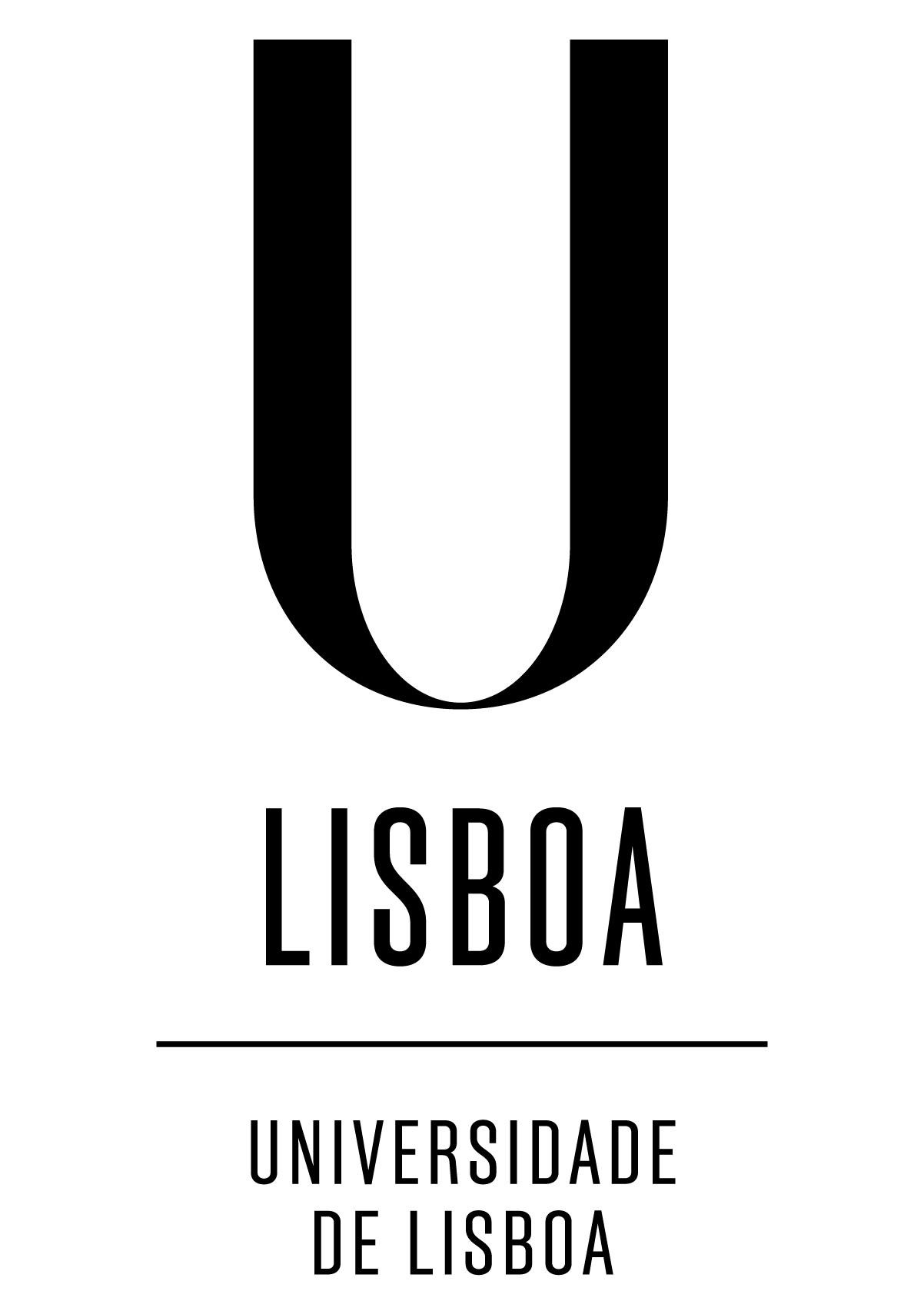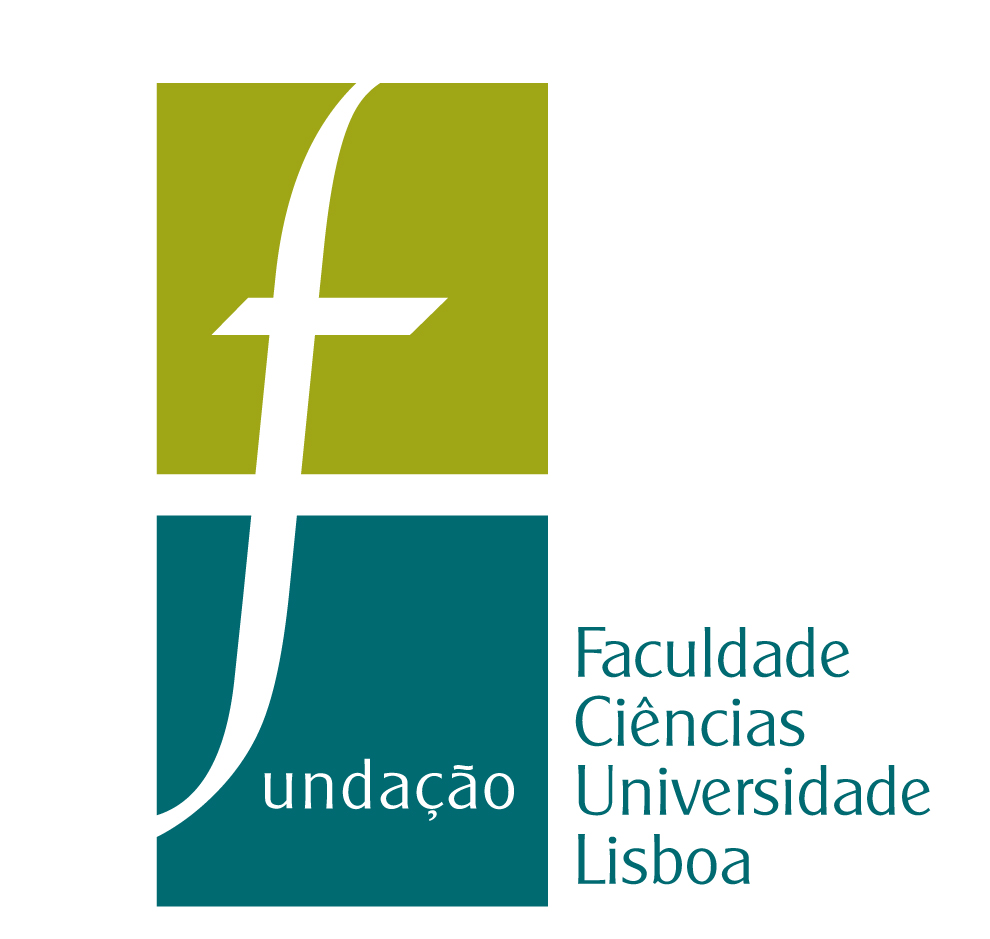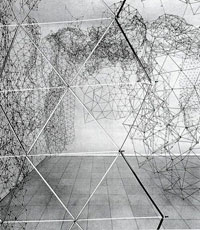Home > Grupos de Investigação > Filosofia das Ciências da Natureza > Linhas de Investigação > Emergência e Metafísica Relacional
Emergência e Metafísica Relacional / Emergence and Relational Metaphysics
 Grupo de Investigação | Research Group:
Grupo de Investigação | Research Group:
Filosofia das Ciências da Natureza | Philosophy of Nature Sciences
In the last years, there has been an increasing interest in relational metaphysics in opposition to the traditional metaphysics of natural sciences: atomism. There are two major motivations for this shift. First, the problems and challenges raised by Emergence, since ontological emergent phenomena cannot be explained by linear combinations of immutable elements, although they can be explained by non-linear transformation of relational parts. Secondly, the contemporary developments in Quantum Physics, since features such as entanglement and the violations of Bell theorem – implying non-locality and non-individuality – show that quantum entities are neither metaphysical "atoms" nor the result of linear combinations. More precisely, this Research Area is devoted: i) to elaborate a positive characterization of emergence in terms of a relational ontology, against any atomistic or holistic perspective; ii) to develop a causal and nomological approach for explaining emergent phenomena; iii) to reformulate the notion of cross-level causation (upwards and downwards causation), proposing a relational-horizontal approach in replacement of the traditional vertical and hierarchical perspective of this kind of causation; and iv) to develop a non-fundamentalist relational-transformative ontology of quantum entities that allows ontological emergence; to explain the phenomena that are being unfold by contemporary Quantum Physics, and to elaborate a non-radical form of structural realism.
Collaborators:
Actividades || Activities
-
Physics and Fundamentality, comunicação de Allisa Ney, numa actividade organizada pelo CFCUL e pelo LanCog do CFUL. 14 de Julho 2017, 16h-18h | FLUL | LanCog (Sala Mattos Romão) [folheto]
Abstract: What justifies the allocation of funding to research in physics when many would argue research in the life and social sciences may have more immediate impact in transforming our world for the better? Many of the justifications for such spending depend on the claim that physics enjoys a kind of special status vis-a-vis the other sciences, that physics or at least some branches of physics exhibit a form of fundamentality. The goal of this paper is to articulate a conception of fundamentality that can support such justifications. I argue that traditional conceptions of fundamentality in terms of dynamical or ontic completeness rest on mistaken assumptions about the nature and scope of physical explanations.
-
Workshop on "Causal Powers and Structural Realism", 2 de Outubro de 2015, Anfiteatro FFCUL
(+info) (Workshop Program here) -
Powers and Relations: Challenging the Intrinsicality Thesis, por Gil C. Santos no âmbito do Workshop:
Causal Powers and Structural Realism, 2 de Outubro de 2015 (+info) -
Does OSR need to be fundamentalist?, por João L. Cordovil no âmbito do Workshop: Causal Powers
and Structural Realism, 2 de Outubro de 2015 (+info) -
Integrative Pluralism and Ontic Relational Unity of Science, por João Pinheiro no âmbito do Workshop:
Causal Powers and Structural Realism, 2 de Outubro de 2015 (+info)







